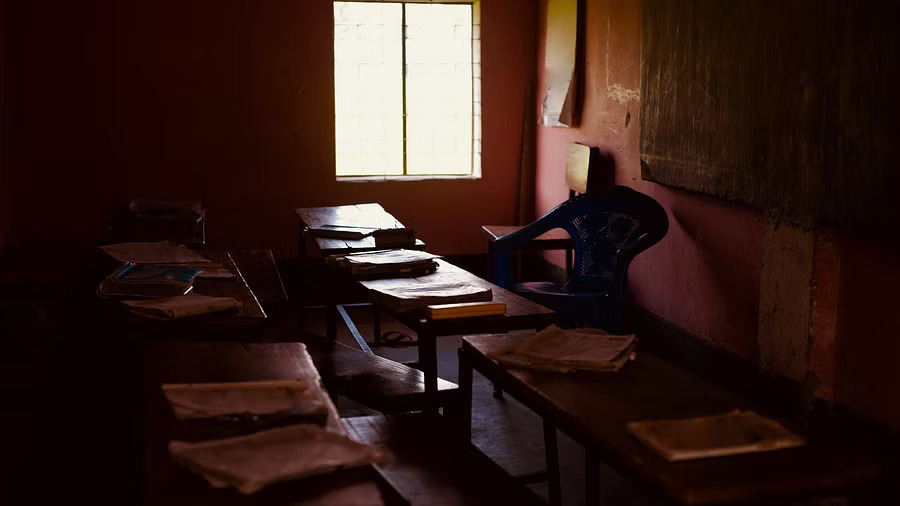Amidst the bustling political landscape of Uttar Pradesh, concerns are mounting over the growing influence of communal rhetoric that threatens to polarize the state’s diverse society. The rise of what can be termed a “school of communal poison” has sparked debates about the direction of the state’s politics and its implications for social harmony.
The editorial underscores the need for responsible political discourse and leadership that prioritizes unity and inclusivity over divisiveness. The diverse population of Uttar Pradesh, representing various communities and faiths, has traditionally coexisted harmoniously. However, recent developments in the political sphere have ignited concerns about the potential for communal tensions.
The editorial criticizes the adoption of communal narratives by certain political entities for short-term electoral gains. It highlights the dangers of exploiting religious and cultural fault lines for political purposes, potentially fracturing the social fabric and undermining the principles of secularism that are integral to India’s democratic ethos.
The school of communal poison, as the editorial terms it, emphasizes the need for introspection among political leaders, parties, and citizens alike. Responsible and respectful discourse is essential to prevent the spread of divisiveness and animosity, which could hinder the state’s development and progress.
The editorial also calls for a collective effort to counter the influence of communal rhetoric and to uphold the values of tolerance, respect, and understanding that have defined India’s diverse society for centuries. It emphasizes the role of education, awareness, and responsible governance in mitigating the impact of divisive narratives.
As the political climate evolves in Uttar Pradesh, the editorial serves as a reminder that political leaders have a responsibility to prioritize the well-being and unity of their constituents over narrow electoral considerations. The choices made today will shape the state’s future trajectory and have repercussions that extend far beyond electoral cycles.
The editorial concludes by urging all stakeholders, including citizens, political parties, and community leaders, to reject the school of communal poison and to work collectively toward a more harmonious and inclusive future. It emphasizes the importance of fostering an environment where diversity is celebrated, and where political discourse promotes understanding and progress rather than division and discord.










